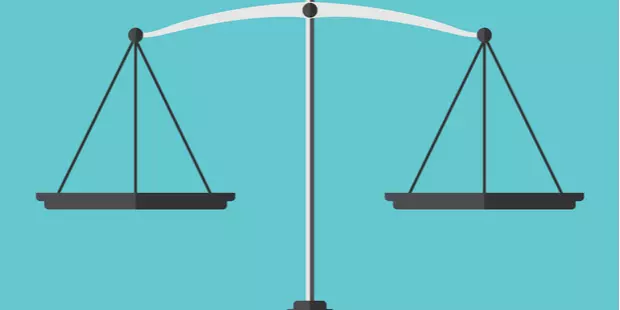When you play poker online, there are dozens of different tactics you can employ to increase your chances of winning. But even though they might all be useful, some strategies contradict one another, and you need to know exactly how and when to use them.
In other words, you need to learn how to balance your skills. The goal is to make sure you know when the right time is to raise, call, or fold. In addition to that, a balanced strategy will teach you to switch things up from time to time to confuse your opponents during an online poker match.
Now is your chance to learn all about range balancing and how it can help you become a better poker player!
All You Need to Know About Balancing in Poker
So, what does balance even mean when it comes to playing poker? Essentially, balancing your range means you have a specific ratio between bluffing and playing your hand.
That means that even if you don't have killer cards like AA, KK, or QQ, you will choose to play according to the value of your hand about twice for every time you bluff. Therefore, you will get to play both strong and weak hands, which will make it harder for your opponents to figure out your gambling patterns.
Players who never bluff, for example, have an unbalanced range. That will allow players to figure out your gambling style pretty quickly, and they will be more likely to fold whenever you start getting aggressive. But if bluff too often – you're still in trouble, as people won't be afraid to challenge your moves, and you will lose any credibility at the table.
To sum things up: you don't want to repeat the same moves and strategies too often or too infrequently. But if you manage to balance your range, your opponents won't be able to read you well and guess whether you have a good, mediocre, or weak hand. That will keep them on their toes and prevent them from adjusting their own strategies to beat your strategy.
When NOT to Balance Your Range
While balancing your range is an important tool you should have in your arsenal, you won't always be required to use it. So, how do you know when to stick to your bluffing\betting ratio, and when should you deviate from it?
The answer is very simple: you should balance your range when you face an experienced player who will react smartly if you bluff too much or not often enough. However, if you are facing an unbalanced player, there is no need to stick your guns on this one.
For example, if your opponent folds too often, it will be a crime for you to miss out on the opportunity to throw some extra bluffs his way.
That means that if your opponent does something too often or more rarely than anticipated, you have a chance to take advantage of the situation. Even though balancing your range is the sound way to go, it won't be as effective as you'd like when used against the wrong player.
Do You Think You Can Play Your Cards Right?
So, here is what balancing is all about:
- Sticking to a strict ratio between bluffing and adjusting to the value of your cards.
- Balance your range only if your opponent will call you on a wrong move.
- If your opponent isn't a balanced player – you have a precious opportunity to exploit his weaknesses.
Are you ready to test out this theory in your next poker game?

